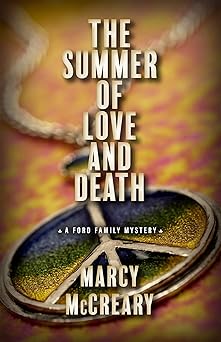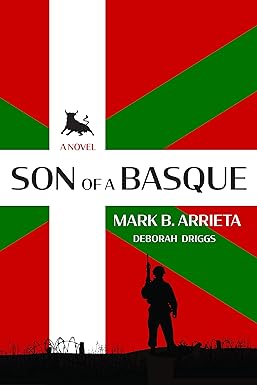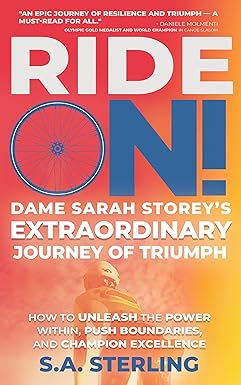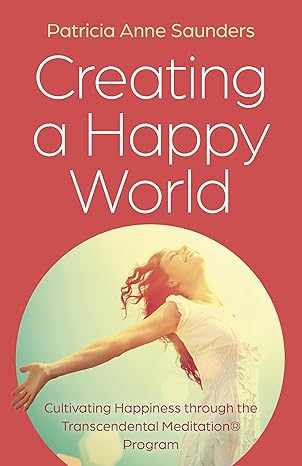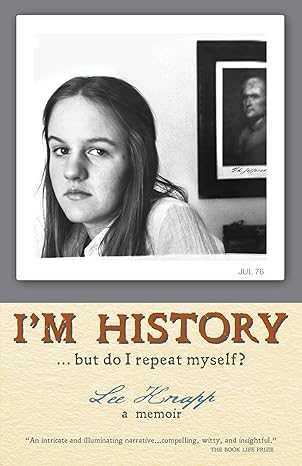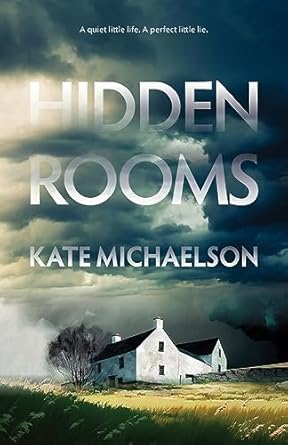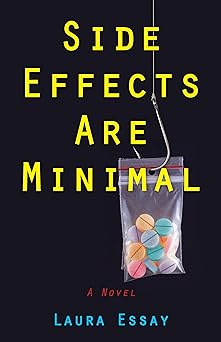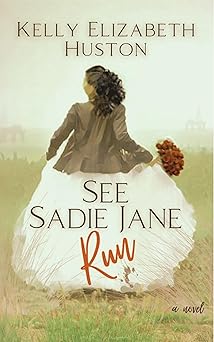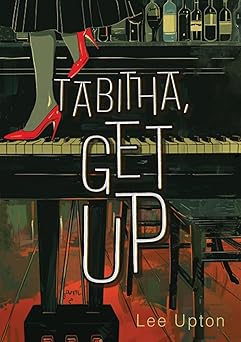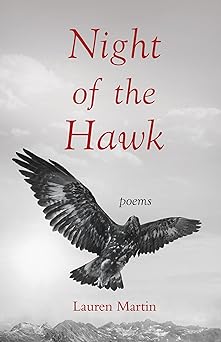Raising Awareness of Human Trafficking and Modern Slavery through Fiction
by HELEN MATTHEWS
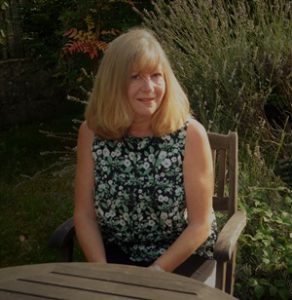 Did you know that Tuesday 30 July is World Day Against Trafficking in Persons? This is an annual focus on human trafficking and modern slavery championed by the United Nations Office on Drugs and Crime.
Did you know that Tuesday 30 July is World Day Against Trafficking in Persons? This is an annual focus on human trafficking and modern slavery championed by the United Nations Office on Drugs and Crime.
We all need to know about this hideous crime so we can understand why it happens and how desperate people often become unwitting victims. Author Helen Matthews writes psychological suspense and thrillers and is an ambassador for the British anti-slavery charity, Unseen UK. She has written on the theme of modern slavery and human trafficking in her fiction. A new edition of her novel Girl Out of Sight is released this week by Bloodhound Books. To celebrate its publication, Helen has written this article for Women Writers.
***
When we listen to news of wars, conflict and climate disaster impacting people around the world, it’s easy to feel overwhelmed. How can we, as individuals, do anything to alleviate the sheer scale of human suffering?
According to the International Labour Organisation (ILO) trafficking is second only to the drug business in scale and the amount of profit ($150 billion a year) it generates for criminals. It isn’t only vulnerable women from impoverished parts of the world, who are affected but also men, boys and UK and US citizens. Slavery is hidden in plain sight in our towns, cities and rural areas. Maybe it’s happening right now on your street or mine.
My novel Girl Out of Sight re-published this week by Bloodhound Books, is a suspense thriller with a theme of human trafficking. The story opens in Albania where seventeen-year-old Odeta has left school and is working in her father’s shop in a remote area. Her life isn’t especially grim but it’s colourless and she thinks nothing interesting will ever happen to her again. Then an enigmatic stranger from Tirana (the capital) walks into the shop and tells her about the dazzling career she could have if she travelled with him to London. Odeta’s dream of an exciting new life is about to turn into a nightmare.
Let’s rewind and talk about trafficking generally in context of the bigger picture.
In the UK we see shocking scenes on TV News of flimsy inflatable boats, packed with people in orange life jackets crossing the English Channel from France to Kent. I checked recent statistics and discovered that on 18th June 2024, 882 people arrived in UK waters in a single day. That increased the total of 2024 arrivals to 12,313 this year.
You might be surprised to know that this isn’t human trafficking according to the strict definition. The unfortunate people putting their lives at risk on those small boats are migrants or refugees, who have paid for their passage. The specific crime is ‘people smuggling’. It’s an immigration crime – a crime against the state – whereas human trafficking is a crime against the individual. Of course, people smuggling can easily turn into modern slavery because passengers have put themselves at the mercy of criminals, who don’t care if they live or drown.
Let’s imagine a man from Africa called Mahmood (we’ll give him a name because we’re not going to treat him as a commodity, as a people smuggler would do) has paid $3,000 to cross from France to Britain in one of those small boats. Mahmood has made himself vulnerable by relying on a callous criminal to arrange his passage. When he reaches the UK, the smuggler might say, ‘Mahmood, you’ve paid me $3,000 for your journey but that’s not enough. You should have paid $6,000 or $10,000 or whatever. So now you’re in debt and you’ll have to work for me until this debt is paid off.’
This is known as ‘debt bondage’ – another form of modern slavery. My fictional example shows just one of the ways a man like Mahmood might become trapped into forced labour. On arrival in England, he could find himself working in a real job, say, in agriculture or a chicken factory, but his earnings would go into the smuggler’s bank account. Mahmood would be told he has to work for free to pay off the mythical debt for his travel and accommodation.
So why doesn’t Mahmood tell someone? His employer? The police? Every case is different. It might be that Mahmood has suffered actual violence from the smuggler or has been threatened with abuse. The people smuggler might be someone from his own village in Africa, who’ll threaten to harm his elderly parents or wife back home if he doesn’t do as he’s ordered. Mahmood might speak poor English. He’s here illegally, though the trafficker might have arranged a fake work permit, so he knows if he goes to the authorities he’ll be deported. Perhaps he comes from a country where people don’t trust the police and would never think of complaining to them. And so on.
Turning from Mahmood’s story back to my novel Girl Out of Sight, Kate Garbers, the founder of anti-slavery charity Unseen UK wrote in a Foreword to the first edition:
Do not be fooled into thinking that the novel you are about to read is based on an isolated occurrence, that Odeta is simply an unfortunate woman. Her story is a very real one for many women today.
I donate a percentage of my royalties and all my author talk fees to the charity Unseen UK and I’m proud to have raised over £5,000. You can read my books as gripping page-turners without thinking about how this crime affects people in the real world. But if a reader learns more about the plight of the dispossessed and vulnerable in our society, I feel I’ve made a small difference.
Girl Out of Sight, published by Bloodhound Books, is out on 29 July and is available from Amazon in Kindle ebook and paperback.
GIRL OUT OF SIGHT
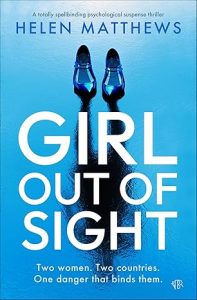 In London and an Albanian village, two young women have vastly different lives—but a shocking secret is about to connect them . . .
In London and an Albanian village, two young women have vastly different lives—but a shocking secret is about to connect them . . .
Odeta lives a dull life running her father’s grocery store in a remote Albanian village. So when an enigmatic stranger appears, promising her an exciting career in London, she jumps at the opportunity. Odeta’s life is about to change, but not in the way she expected . . .
Kate, a journalist in London, has a seemingly perfect life. But she worries that her son spends too much time online, and decides to disconnect him so Ben can get outside and make some friends. But there may be things she doesn’t know about her own community . . .
What connects Kate and Odeta? And can you ever really know your neighbors?
Previously published as After Leaving the Village
Praise for Helen Matthews
“Utterly compelling.” —Katharine Johnson, author of The Suspects
The international link is: https://geni.us/GirlOutofSight
https://www.facebook.com/helenmk7writer
https://www.instagram.com/helen.matthews7/
https://www.helenmatthewswriter.com
Category: On Writing





